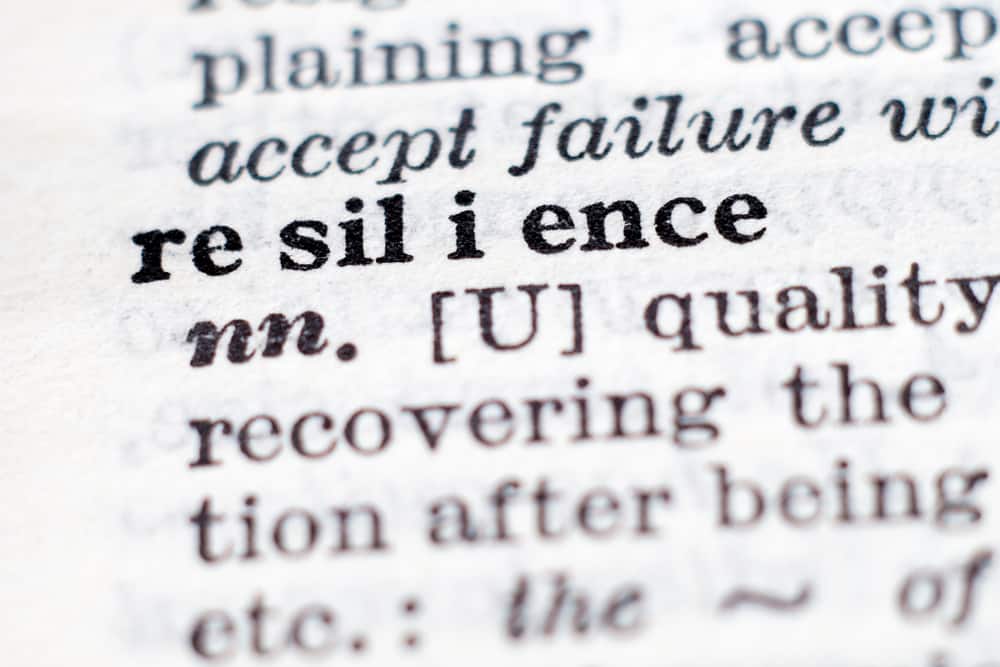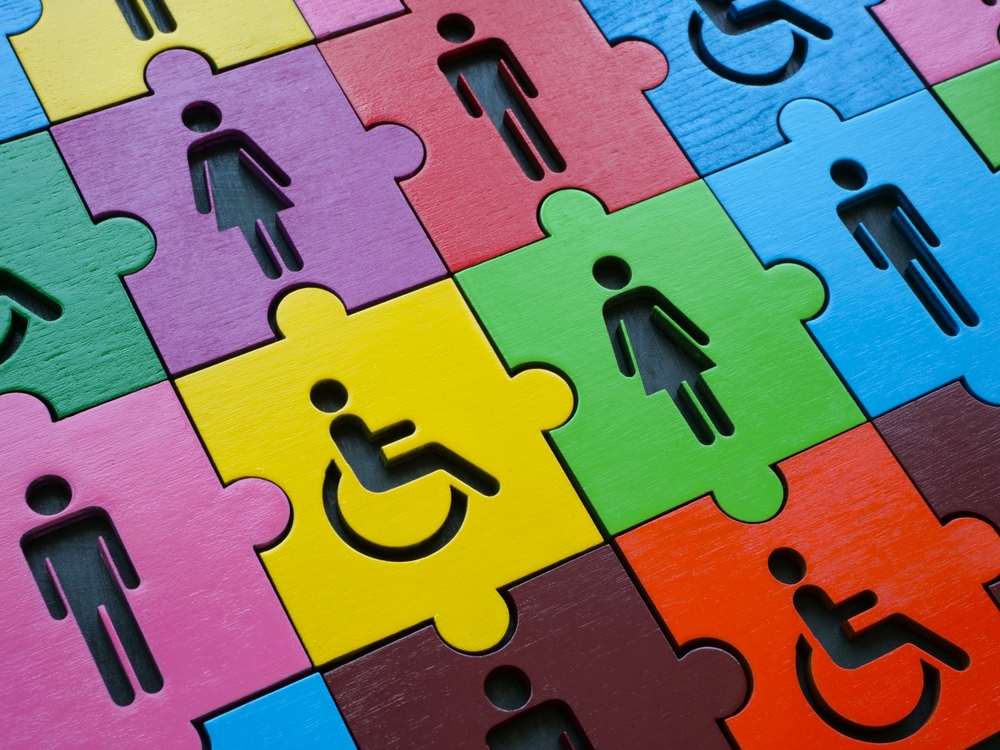Why is leadership resilience so important?
The global pandemic we are all experiencing is showing us that in our increasingly volatile, uncertain, complex and ambiguous world, leadership needs to enable agility, change, constant adaptation and collaborative innovation. More than that, it needs to also provide for the support and the trust many are currently missing: we need to know that we will find our way through this crisis, and trust that leaders are there, holding the ground, so that we can all face this crisis collectively and grow from it together, in our teams, organizations and societies alike. And for that, leadership resilience is key.

When looking up the word “resilience” in the dictionary, this is what comes up: “the capacity to recover quickly from difficulties; toughness”. As simple as the definition can read, the ability to master leadership resilience requires conscious and continuous practice. Recovering quickly from difficulties can be tricky. Especially if we regard ourselves as ‘victims’ and feel that the world is unfair to us, our teams or our organizations. We can fight the reality, think that the world should be different, that others should behave differently. The world, however, will not bother to change to meet our expectations. We therefore need to learn to accept reality as it is and stop wishing for it to be different. In order to recover, it is essential to let go, while coming to terms with your reality and fully embracing it, no matter how difficult that may be. Acceptance will allow us to move on from resistance into creative and innovative action. We will stop automatically reacting and start actively and consciously responding to our new reality. As the great neurologist, psychiatrist and holocaust survival Viktor Frankl put it “between stimulus and response there is a space. In that space is our power to choose our response. In our response lies our growth and our freedom.”
What can we do to improve our leadership resilience?
How can we make sure we can respond to our reality in a conscious way, independently of the circumstances? You may have noticed, like I have, that when we are physically tired, hungry or cold, we often get angry and impatient. You may have also noticed that when we are stressed and nervous, we miss to see things that we can easily see when we are calm and focused. When we feel sad, disengaged, unmotivated, having creative ideas or new perspectives on things seems an impossible task. In short, our physical, emotional and mental states have an enormous role to play in our ability to respond, as opposed to react, and therefore in our ability to remain resilient. I often think of the instructions we all receive just before our plane is taking off: make sure you put on your oxygen mask before you help someone else. It seems quite obvious, that we will not be able to help others, if we have no oxygen ourselves. And yet, we often think we can lead others in a crisis, even if our energy has been depleted and feel exhausted and drained.
There is plenty of research pointing towards the need to actively pursue one’s well-being physically, mentally, emotionally and spiritually. From sports to healthy nutrition, getting enough sleep, engaging in mindfulness practices, nurturing a sense of purpose and gratefulness, and cultivating meaningful relationships. I have personally accompanied many leaders on the road of looking after themselves more and better, witnessing them become better leaders, while being much happier, healthier and calmer. With a trained body and mind, I can stop being the victim to whom reality happens and start becoming the leader who actively engages with reality and chooses how to respond, regaining the inner calm and balance.
It may be the case that as you are reading these lines, together with the world news, you are feeling exhausted, without energy or lost.
My challenge to you today? Take 15 minutes and reflect on these questions:
What am I not accepting of the present moment or what am I fighting against? What do I need to let go of? Stop focusing on the outside and bring the focus inwards. How are you feeling? But really? What are you feeling exactly? Where? Maybe there is anxiety, fear, nervousness, stress, … maybe you are feeling lost, overwhelmed, paralyzed. Allow it. Explore it. Observe it… Be curious.





